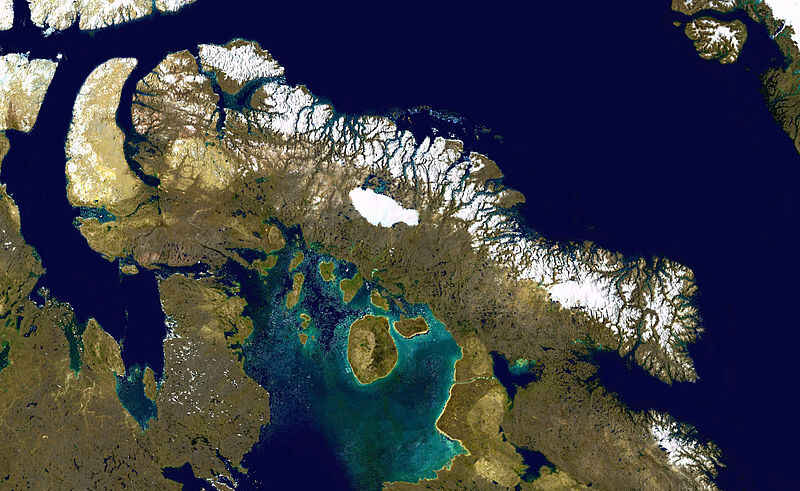
Canada’s partnership with Australia to develop Arctic radar systems marks a decisive turning point in its defense strategy. Whereas in the past Canada relied on the US as a key ally and on international norms to secure its sovereignty in the Arctic, it is now stepping into a more independent role. Given the changing priorities of the US under President Trump and the repeated questioning of Canada’s sovereignty, Prime Minister Mark Carney’s decision is a vital step in strengthening the country’s military presence in the region. By leveraging Australia’s leading radar technology, this initiative not only strengthens Canada’s defense, but also underscores its commitment to protecting its Arctic territories amid growing geopolitical pressures.
The Arctic is a crucial geopolitical hotspot of immense importance for global trade, security and the fight against climate change. This region is home not only to unique ecosystems and wildlife, but also to people. These include the many indigenous inhabitants whose lives are inseparably linked to the Arctic environment. Alarmingly, climate change is affecting this region three times faster than the global average, putting both people and animal populations at increased risk. In Alaska, for example, about sixty percent of indigenous communities are “environmentally threatened” as global warming intensifies the challenges of surviving in an already harsh climate.
The ecological transition is exposing vast living and mineral resources that were previously hidden beneath the frozen surface of the Arctic. In 2008, the U.S. Geological Survey estimated that the Arctic contains 13 percent of the world’s undiscovered conventional oil resources. This immense potential has attracted worldwide attention. The eight Arctic countries have access to it: Canada, Denmark, Finland, Iceland, Norway, Russia, Sweden and the United States. The Arctic Ocean, however, is an international area outside the jurisdiction of any single country, making it a focal point for resource extraction and territorial claims. In addition to resources, the rapidly melting Arctic ice also has the potential to revolutionize global trade. The Northern Sea Route, which could become ice-free in the summer months as early as the 2030s, promises to shorten shipping routes between Asia and Europe, drastically reducing travel times and costs. Nations and companies are eagerly watching to see whether this new route will develop into a viable and reliable corridor for international trade.
After the Cold War, cooperation defined relations in the Arctic, exemplified by the establishment of the Arctic Council. However, recent changes in global politics reveal a major shift in tone. Canada has prioritized Arctic security even before Donald Trump’s return to office. Canada has been driven by concerns over possible Russian aggression and the impact of climate change. Russia´s full scale invasion of Ukraine has fundamentally changed the security strategies of neighboring countries, prompting long-time neutrals such as Finland and Sweden to join NATO. Meanwhile, China’s self-declared status as a “near-Arctic” state and its growing cooperation with Russia underscore the increasing global interest in the region. The United States, under Trump, has further escalated tensions with its interest in controlling Greenland, prompting Denmark to increase its investment in Arctic security. The Arctic, once a symbol of unity, now reflects the growing pressure of global competition.
Canada’s decision to strengthen its Arctic defenses and assert its sovereignty is undoubtedly pragmatic, but it also deserves closer scrutiny. At a time of escalating geopolitical competition, it is important to prioritize security. However, there is a risk of overshadowing the delicate balance of cooperation that the Arctic has long benefited from. Moreover, indigenous communities, whose expertise and heritage are deeply intertwined with the Arctic ecosystem, have far more to gain from cooperative efforts than from militarized conflict. Yet the current rhetoric of competition between the superpowers leaves little room for meaningful climate action, arguably the region’s most pressing issue. The Arctic environment could become collateral damage in the battle for resources and influence. If nations fail to prioritize environmental protection in the midst of their defense strategies, the long-term consequences will be devastating – not just for the Arctic, but for all of humanity. As Canada moves into the future, it must find a balance between sovereignty and responsibility and ensure that the quest for security does not come at the expense of the planet we all share.
By The European Institute for International Relations















